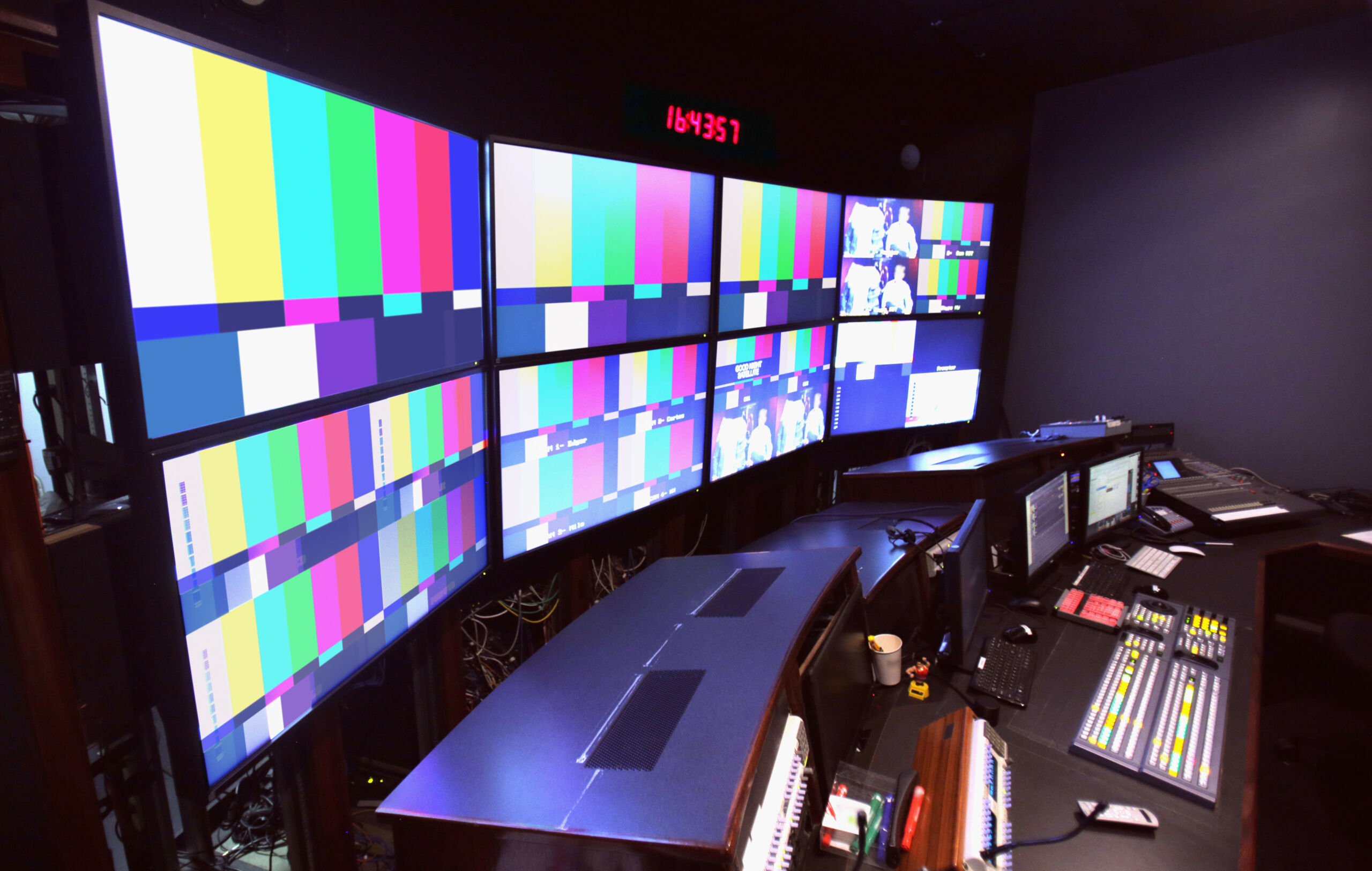- No products in the cart.


Event: Interview with Ross Greenwood, Sky News
Date: 8 September 2025, 4.30pm AEST
Speakers: Denita Wawn, CEO of Master Builders Australia
Topics: Housing Accord; productivity; building approvals; skills shortages
E&OE
Ross Greenwood, host Sky News: Now let’s go to the latest data which does show is now dreaming if it thinks Australia will build 1.2 million homes between now and the end of the decade. The bureau of stats today shows that total dwelling approval fell 8.2 per cent in July. For the year, they are ahead 6.6 per cent but even if all those approved are built, it will leave nation woefully short of the government’s target. Denita Wawn is the chief executive of Master Builders Australia, and joins me now from Canberra. Denita, many thanks for your time as always. Your members have to build these homes. They won’t build these homes unless there’s a good chance they can make a profit. And at the moment, most of them say they can’t make a profit if their building a lot of homes.
Denita Wawn, CEO Master Builders Australia: Things are really tough, Ross. And we’ve had years now where many of our builders have been building at a loss when they were dealing with fixed price contracts coming out of Covid. Where we had that massive escalation in prices with materials and labour. Building costs have increased by 40 per cent in the last five years. That is quite extraordinary, and we can’t see it declining anytime soon. So that is doing two things. It’s meaning that things are very, very tight when it comes to demand for housing, people are simply not opening their wallets to spend while those costs are still high, and equally, our members are struggling to ensure that they can make a profit, a very small one, hopefully rather than a loss, because things are ongoing in terms of those cost escalations. And it’s compounded still by our skilled shortage, that is really leading the charge when it comes to the impact on our capacity to build as quickly as possible.
Ross: And yes, it’s important that approvals are made more quickly, that skills are transferable between states, a range of different things that came out of that productivity roundtable. But bottom line is, builders won’t build unless they can make a profit, and there’s no way you can force them to build unless they can make a profit. And there is fundamentally the reason why established home prices get squeezed up in price, and affordability does not improve unless you and your build more homes.
Denita: That’s right. When we have the cost implications we’ve Ross coupled with significant decline in productivity it means that it is a tough gig out there, and we find that despite all the goodwill on housing in that economic roundtable, where we did see some significant changes in terms of the regulation bottlenecks that we experience. There is more still to be done, and we say that part of that solution is around our skills shortage and it can’t be resolved just by putting more apprentices into the system. We need to really harness our efforts on skilled migration, both those in the country at the moment, as well as those that we want to encourage into Australia. Because if we’re building a detached home, it takes 13 to 15 months to build a detached home. Prior to Covid, it was nine months, if not less. Now, if you cannot get those times down, then we know that in our sector, time is money, and so we’ve got to resolve those productivity issues, those cost issues. And part if it is because we need more people.
Ross: And what about some of these suggestions that we build homes that are really preformed, that effectively try and save time in the building process by just simply changing the materials, changing the way the homes are built in the future.
Denita: Well, Ross, you’re the economist, not me, but I think if those, the modern methods of construction, prefab were economical now, they’d be used. But the feedback we get from our membership is in some instances it’s even cheaper to build a roof structure on site than order roof trusses. That’s how difficult things have become in terms of getting the economies of scale right, getting costs down. So, we are more than open to looking at all different ways of making our lives easier, more efficient and effective, and cost reductions down. But at the moment, we’re simply not seeing the economies of scale. We’re not seeing the demand to justify the capability of increasing those issues around prefab and so forth. We’re open to the challenge, but at the moment, the money is not stacking up.
Ross: Denita Wawn, it’s a pretty strong message to be sending to the government at the time when the Prime Minister tonight is trying to re-engage with business, and it’s always been good to chat with you on the program. Many thanks.
Media contact:
Dee Zegarac
National Director, External Affairs & Engagement
0400 493 071
dee.zegarac@masterbuilders.com.au

